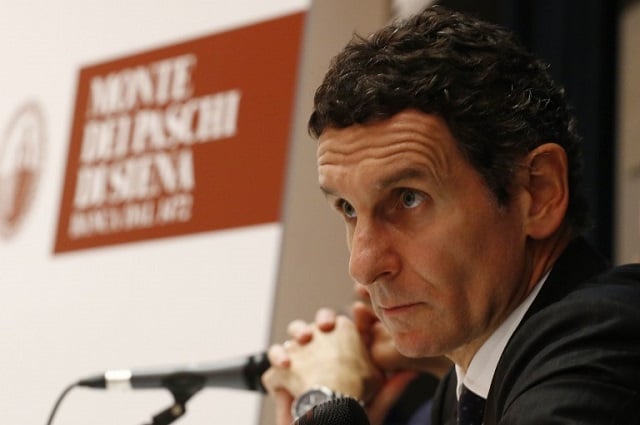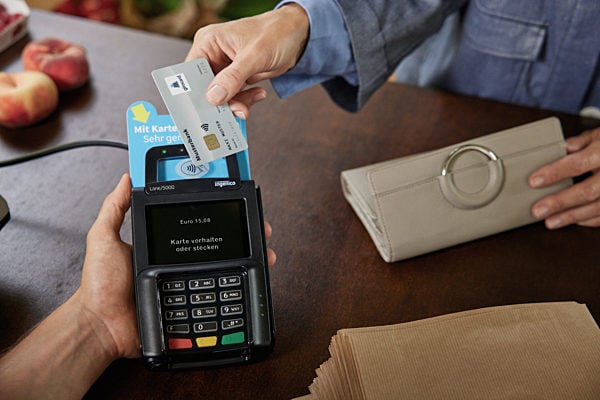The rescue plan will come as a relief for investors in Italy's third largest bank but it is also fraught with political and economic complications for a centre-left government preparing for an election in the next 15 months.
A cabinet meeting that concluded in the early hours issued a green light for the cash-strapped state to come to the rescue of stricken BMPS.
READ MORE: Here's what you need to know about Italy's banking crisis
It will do so by dipping into a debt-financed 20-billion-euro ($21-billion) war chest that was approved by parliament this week, adding to Italy's already massive debt burden and to borrowing costs which have ticked higher as a result of the current crisis.
Around a quarter of the rescue fund is going to be required immediately to
inject cash into Tuscan lender BMPS, which confirmed Thursday that it had
failed to raise the capital it needed from private investors.
Prime Minister Paolo Gentiloni said the rescue plan would guarantee the savings of some 40,000 small investors – most of them elderly – who would otherwise have spent Christmas fretting over investments that are widely seen as having been mis-sold in the first place.
Finance Minister Pier Carlo Padoan told a late night press conference that the deal would get the bank off its sickbed, enable it to resume lending to businesses and ensure “full tranquillity for its savers and its employees”.
Whether or not markets regard BMPS as on the road to recovery will not be clear for some time with the resumption of trading in its shares after the Christmas break set to provide the first test.
'Something of a relief'
But the news that it will receive state aid as part of the $20-billion package comes as “something of a relief, even if it does involve taxpayer funds and represents a big deja vu, having already been rescued in recent years”, said Mike van Dulken, of Accendo Markets.
Key question marks remain, however, he added.
“Now it's a question of what price institutional bondholders have to pay and what sort of compensation retail investors will be offered to ensure the bailout follows new EU rules preventing the bill for state aid being unfairly pinned on taxpayers and that the deal is more politically palatable.
“It also remains to be seen how long the process will take,” he added in a note to clients.
BMPS has lost 80 percent of its value this year as customers have abandoned the bank in droves. Trading in its stock, bonds and related products were all suspended on Thursday.
The bank launched a bid to sell fresh shares this week under plans to raise five billion euros to shore up its capital base.
But it acknowledged late on Wednesday that it had failed to attract a cornerstone investor – a key sign of market confidence – after pinning its hopes on a big Qatari take-up.
Founded in 1472, BMPS is at the centre of a broader banking crisis in Italy with the country's 700 banks burdened by a total of 360 billion euros in non-performing loans.
Economists say the high level of bad loans reflects the problems many Italian companies have faced since the country adopted the euro at its launch 16 years ago.
The economy has barely grown since then, dampening domestic demand and paralysing the investment cycle while the inability to devalue has hit exporters' competitiveness.



 Please whitelist us to continue reading.
Please whitelist us to continue reading.
Member comments